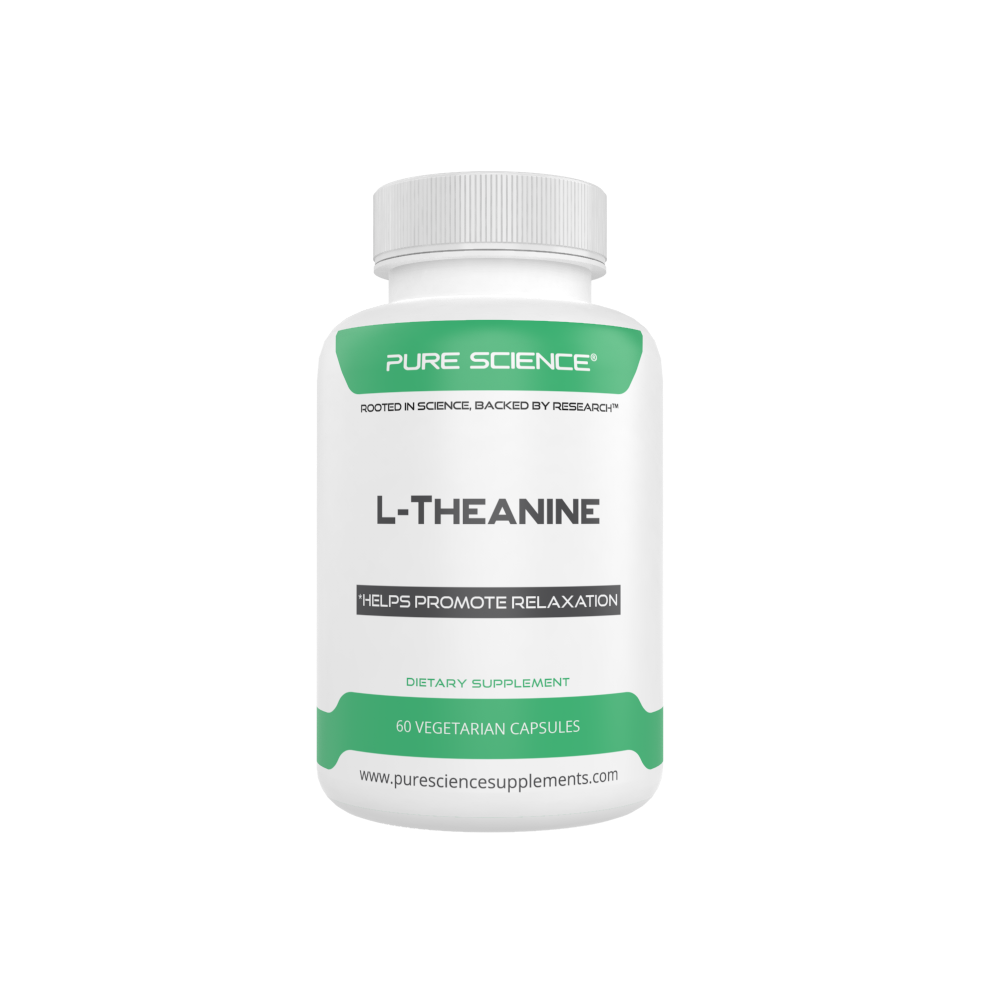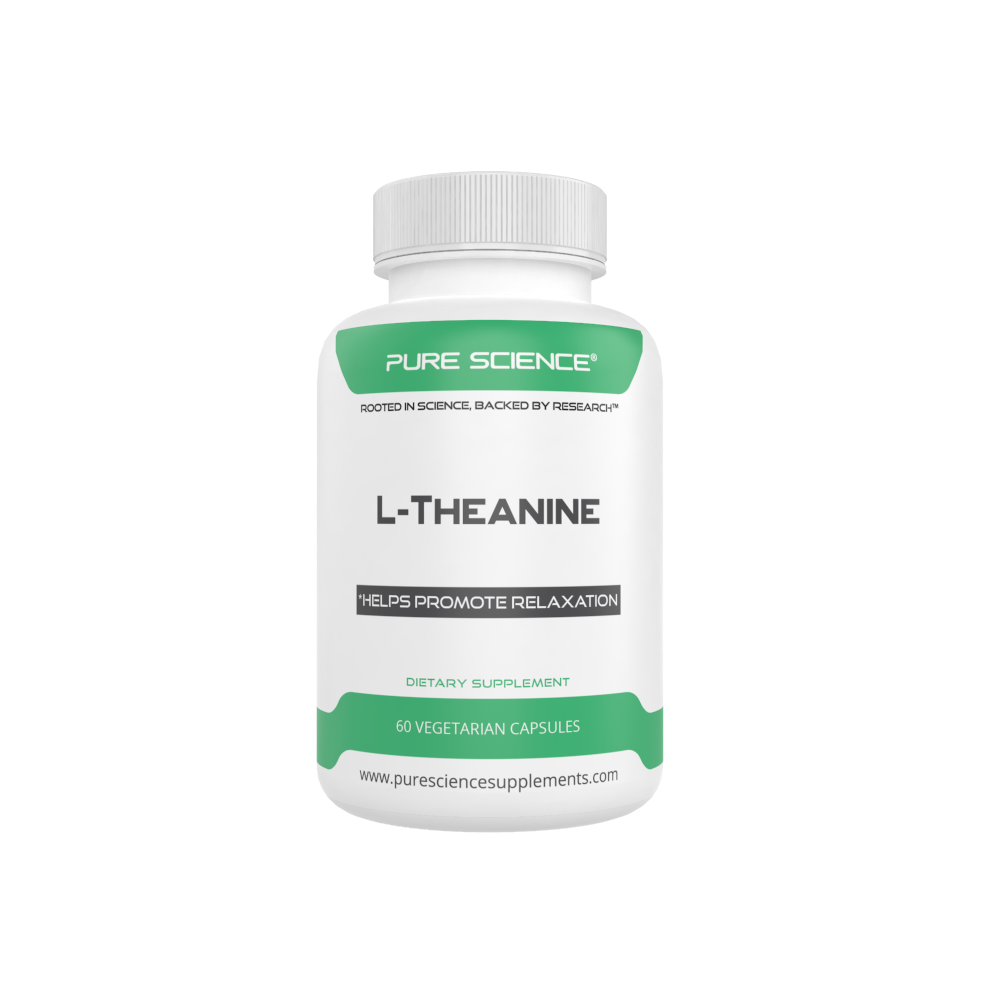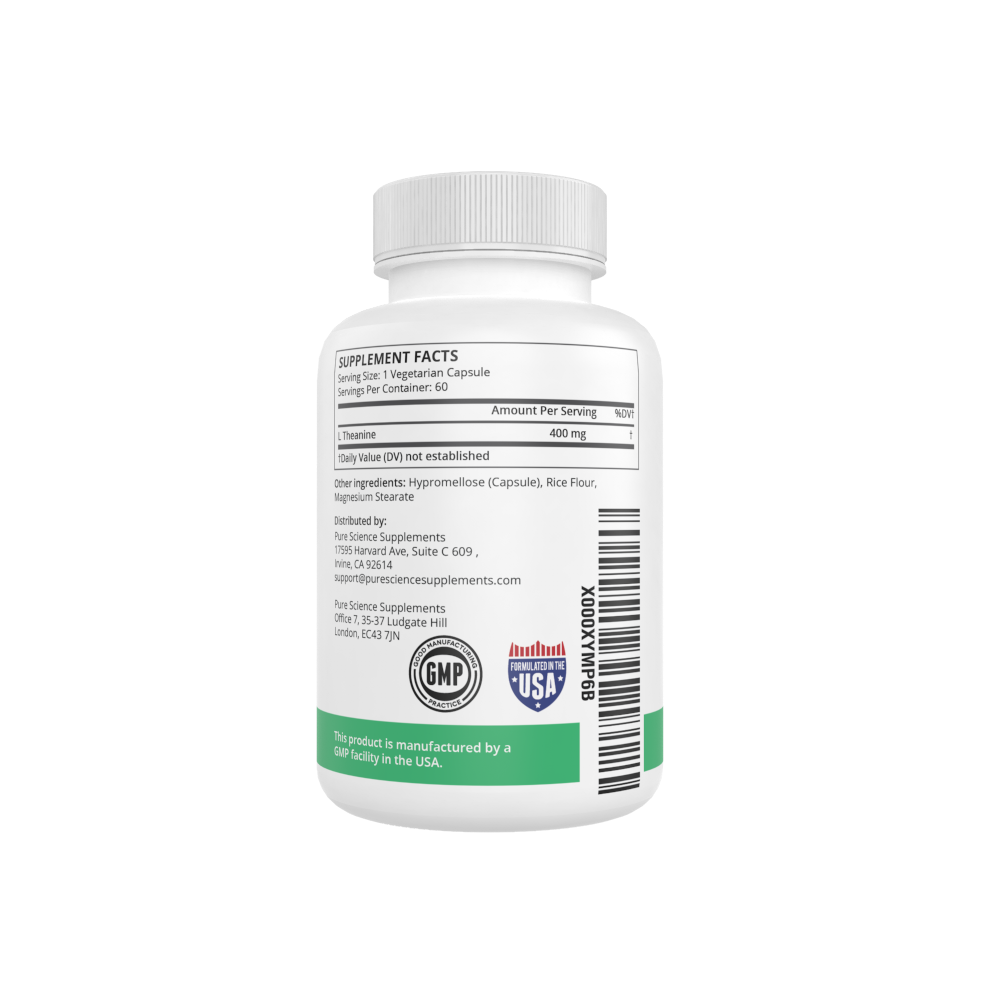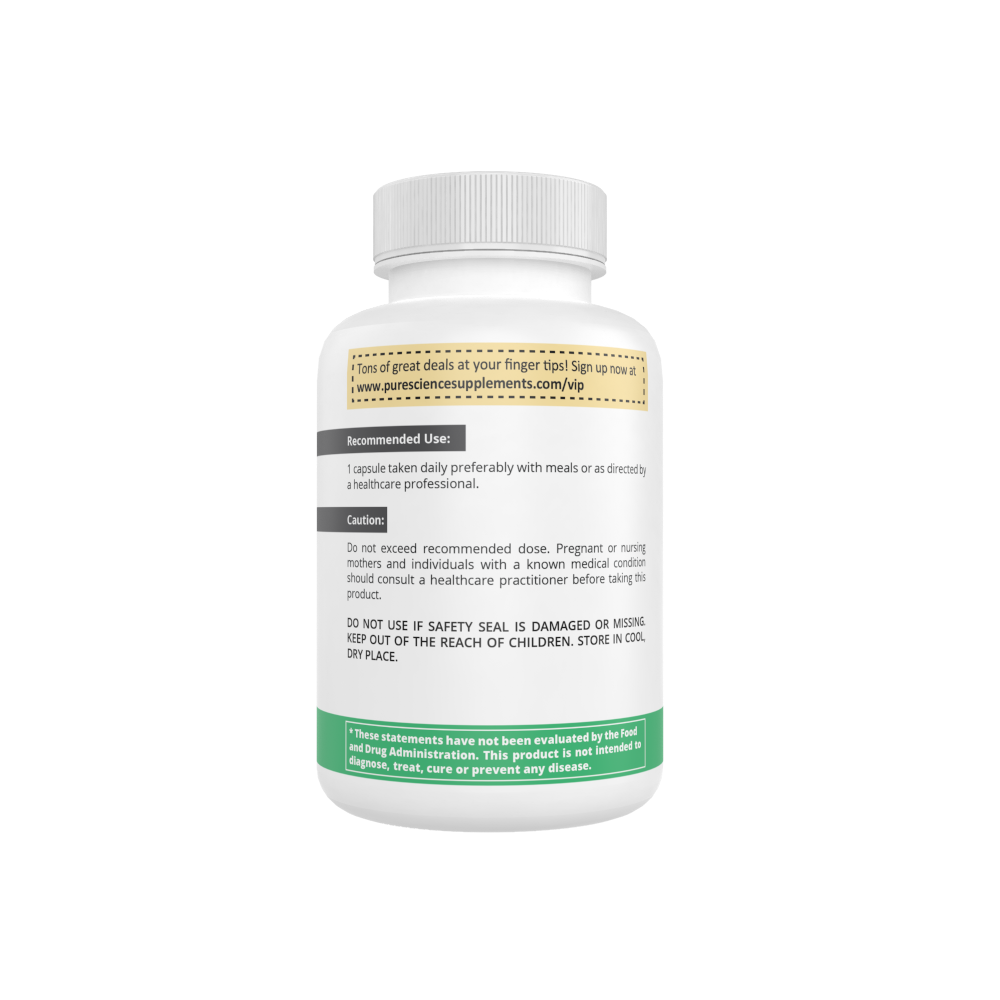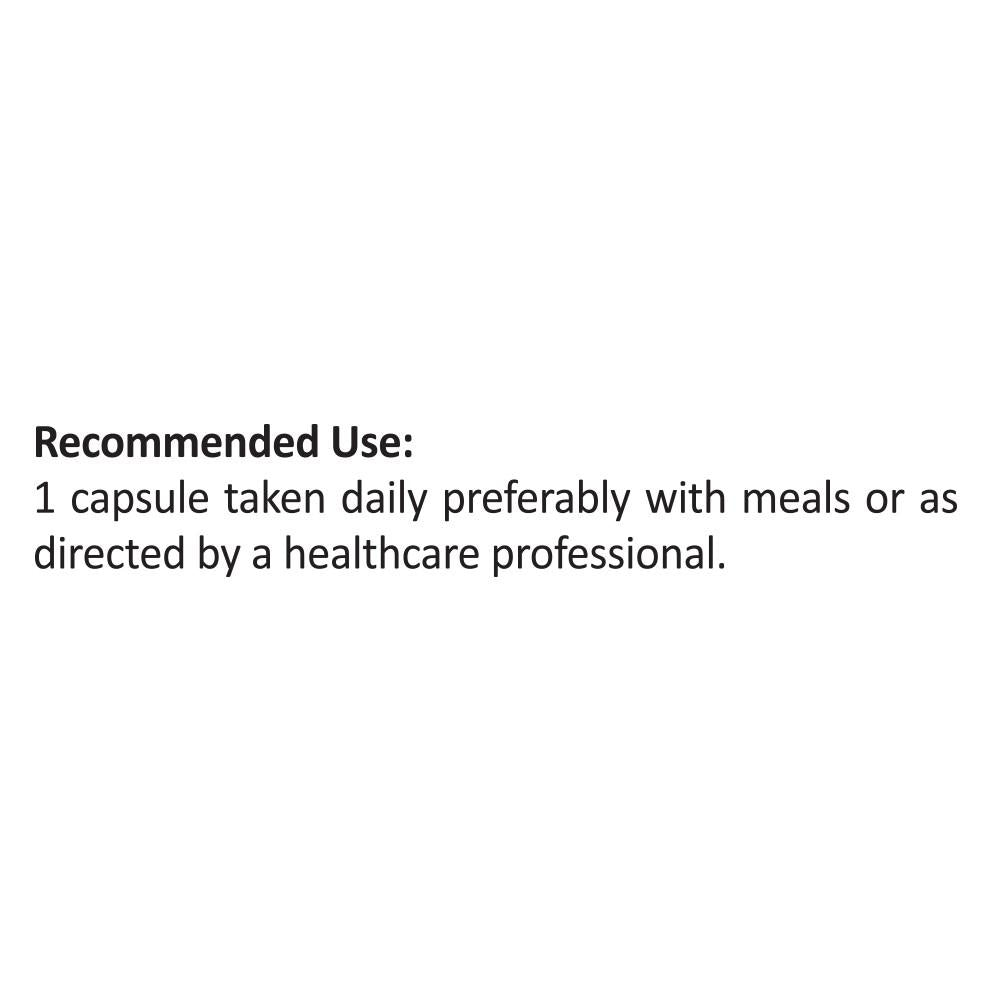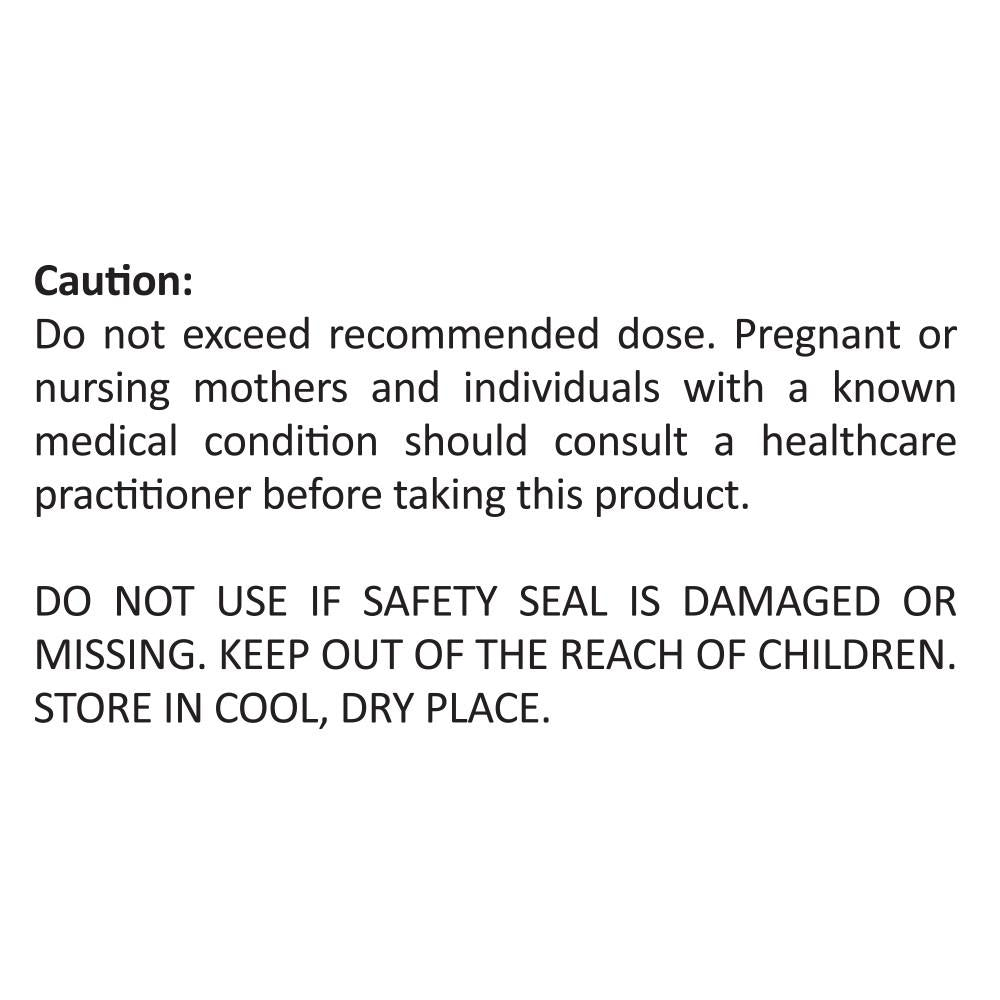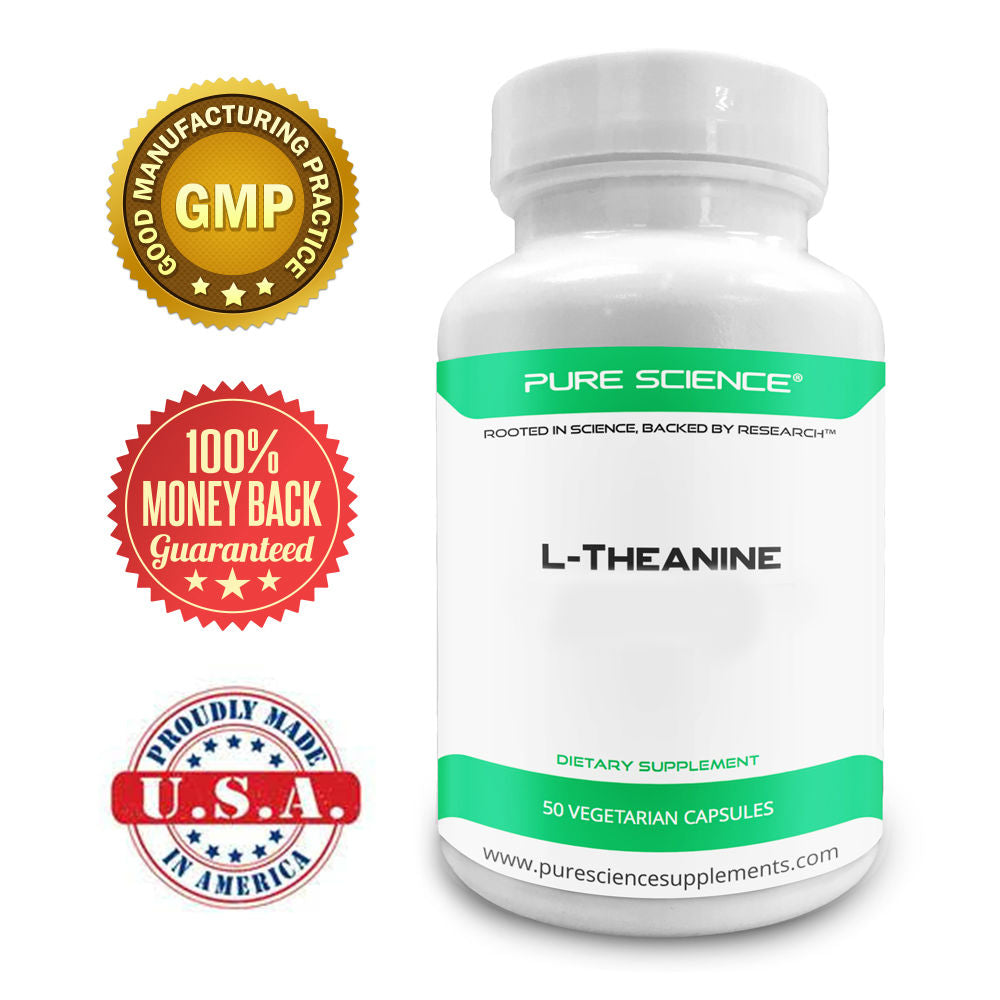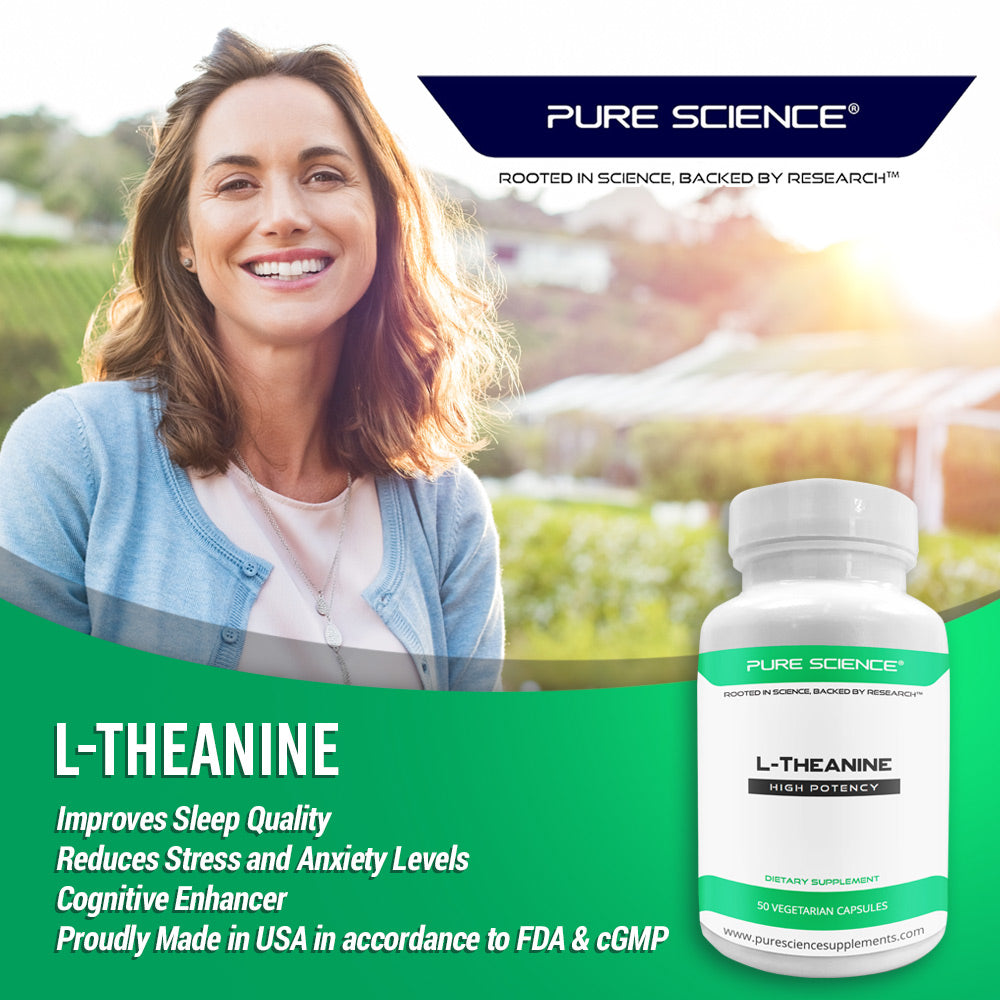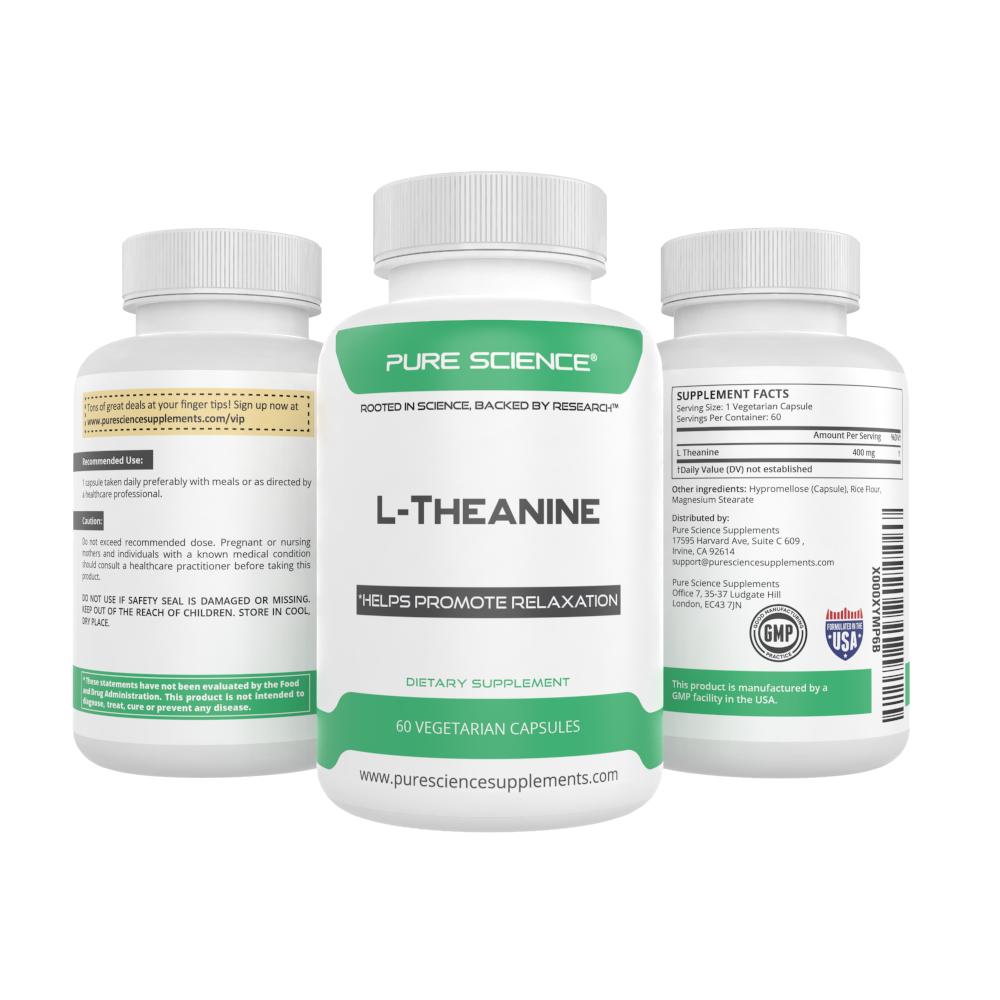Obsessive-compulsive disorder (OCD) is a mental health disorder that affects millions of people worldwide. It is characterized by persistent, unwanted thoughts (obsessions) and repetitive behaviors (compulsions) that can interfere with daily life and cause significant distress. People with OCD may have obsessions related to symmetry or order, cleanliness or contamination, or worry about harm coming to themselves or others. These obsessions can lead to repetitive behaviors such as excessive hand washing or cleaning, checking and re-checking, or arranging and rearranging objects. These behaviors may provide temporary relief from anxiety, but they can also consume significant amounts of time and energy, leading to functional impairment and a decreased quality of life. While there are effective treatments available for OCD, such as therapy and medication, some people may be interested in exploring natural approaches to managing their symptoms. One such approach is the use of L-theanine, an amino acid found naturally in tea leaves.
History
L-theanine can be found in ancient China, where it was used as a tea additive. L-theanine was authorized as a food supplement by the Japanese Ministry of Health in the previous century. Many people seek out natural supplements like L-theanine as an alternative to prescription drugs as interest in alternative therapy increases.
How it works
L-theanine is an amino acid found naturally in tea leaves. It has a long history of use in traditional medicine, particularly in Asia. L-theanine is thought to work by increasing levels of the neurotransmitter GABA, which has a calming effect on the brain. It may also increase levels of serotonin, a chemical that plays a role in mood regulation.
In addition to its effects on brain chemistry, L-theanine may also have an effect on brain waves. It has been shown to increase alpha brain waves, which are associated with relaxation and alertness. These effects on brain chemistry and brain waves may help to explain why L-theanine has been shown to reduce anxiety and improve sleep quality.
L-theanine is generally considered safe and well-tolerated. It is available as a dietary supplement and can be taken in the form of capsules, tablets, or a powder. It can also be found in some types of tea, although the amount found in tea may be too low to have a significant effect on anxiety or other conditions.
Studies and result
Several studies have examined the effectiveness of L-theanine for reducing OCD symptoms. One study published in the Journal of Clinical Psychiatry involved 50 people with OCD who were given either 200 mg of L-theanine twice daily or a placebo. The study found that those taking L-theanine experienced a significant reduction in OCD symptoms compared to the placebo group.
Another study published in Medicine included 40 people with OCD who were given 400 mg of L-theanine daily. This study also found a significant improvement in OCD symptoms in those taking L-theanine.
These studies suggest that L-theanine may be a helpful supplement for managing OCD symptoms. However, it is important to note that more research is needed to fully understand the potential of L-theanine for this purpose. It is also worth noting that the studies involved relatively small sample sizes, so larger studies are needed to confirm the findings.
In terms of dosage, the studies mentioned above used daily doses of 200-400 mg of L-theanine. It is important to follow the dosage recommendations of a healthcare professional or the product labeling when taking L-theanine or any other supplement. It is also important to note that L-theanine may interact with certain medications, so it is always best to consult with a healthcare professional before starting any new supplement.
Recommended Dosage
Based on the available research, a daily dose of 400 mg of L-theanine appears to be effective for reducing OCD symptoms. It is important to note that L-theanine may interact with certain medications, so it is always best to consult with a healthcare professional before starting any new supplement.
Conclusion
L-theanine is a promising natural approach for managing symptoms of OCD. While more research is needed to fully understand its potential, the available studies suggest that it may be an effective treatment option. As with any supplement, it is important to speak with a healthcare professional before starting use.
Reference
- Ruskin, D. N., Bigelsen, S., & Nardone, N. (2007). Theanine treatment of obsessive-compulsive disorder. Journal of Clinical Psychiatry, 68(3), 444-447.
- Zhang, J., Sun, Y., & Ren, Y. (2018). Efficacy of l-theanine in the treatment of obsessive-compulsive disorder: A systematic review. Medicine, 97(32), e11495.





